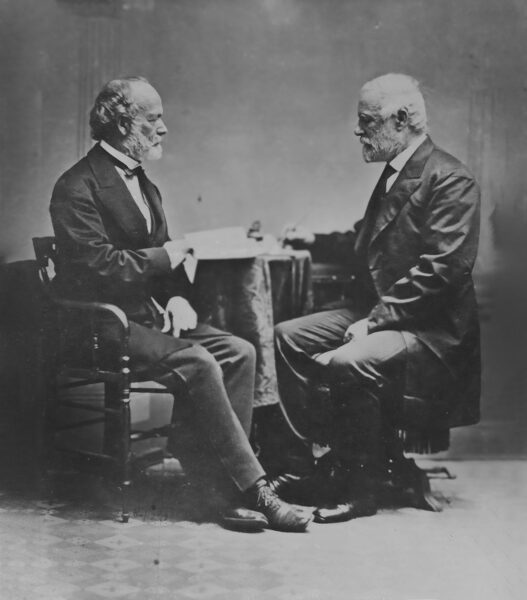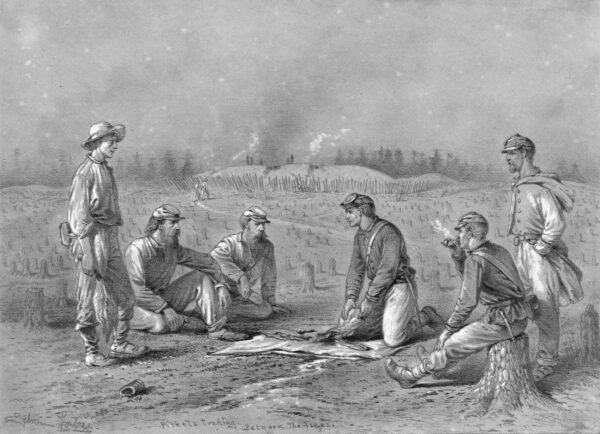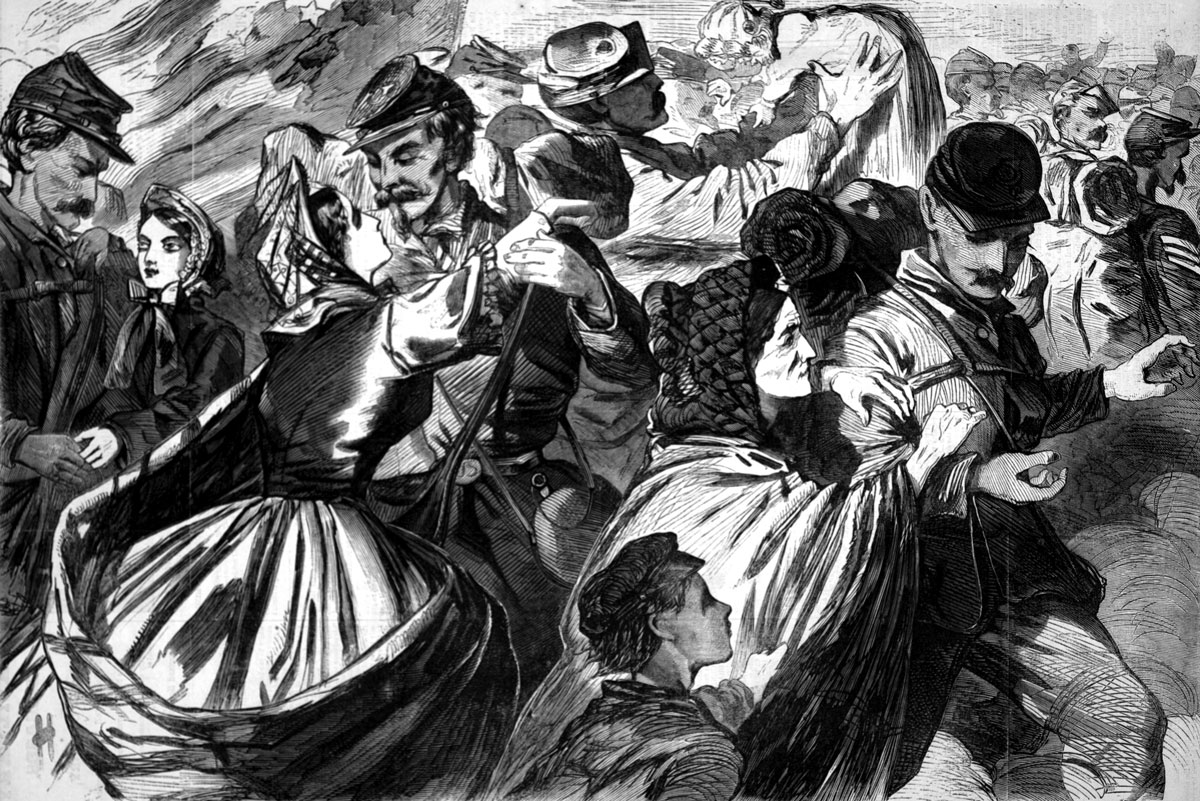 Harper's Weekly
Harper's Weekly.
“We are so glad to have Jimmy safe at home, but oh, what a different homecoming from what we anticipated when he enlisted. No feasting. No rejoicing. Only sadness and tears.”
Louisianan Kate Stone, on the return of her brother Jimmy, “no longer a soldier but a poor discouraged boy,” to the family’s wartime home in Texas, in her journal, May 29, 1865. Two of Stone’s five brothers had died while serving in the Confederate army.
“Entering a restaurant of a friend who had known me well before the war, I ordered a cup of coffee, and he came and sat by my side at the table. ‘What Regiment do you belong to?’ he asked. ‘First Connecticut Cavalry,’ I replied. ‘Do you know whatever became of Sergeant Koempel?’ ‘I am Sergeant Koempel,’ I said, and the man looked as if he had been struck dumb. I then realized how much I must have changed.”
Union soldier Phil Koempel, on returning home (New Haven, Connecticut) at war’s end after spending nine months as a prisoner at Andersonville, in a postwar account of his experiences.
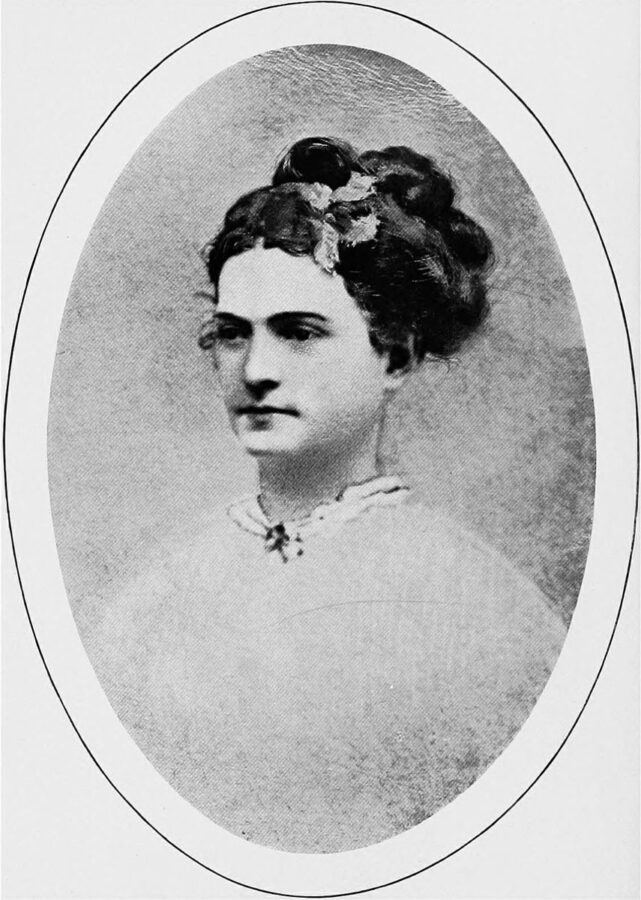 The War-Time Journal of a Georgia Girl (1908)
The War-Time Journal of a Georgia Girl (1908)Eliza Frances Andrews (1865)
“[H]is face was so dirty that he had to wash it before we could kiss him.”
Georgia resident Eliza Frances Andrews on the return of her Confederate soldier-brother Henry, who appeared “so ragged … that none of us knew him till he spoke,” in her journal, May 11, 1865.
“I am almost home; just around the corner…. In the east door … stands my darling, waving her handkerchief, her dear face transfigured with joy and happiness. In the south door is my eldest daughter, clapping her hands in unaffected delight. Another daughter and my son have climbed the road fence, and are giving vent to their joy in childish boisterousness, while ‘pet,’ the little lass, is running down the street, fast as her little feet can carry her, to leap into her father’s arms and bid him Welcome Home.”
David Lane, 17th Michigan Infantry, on returning to his “country home” in June 1865, in his diary.
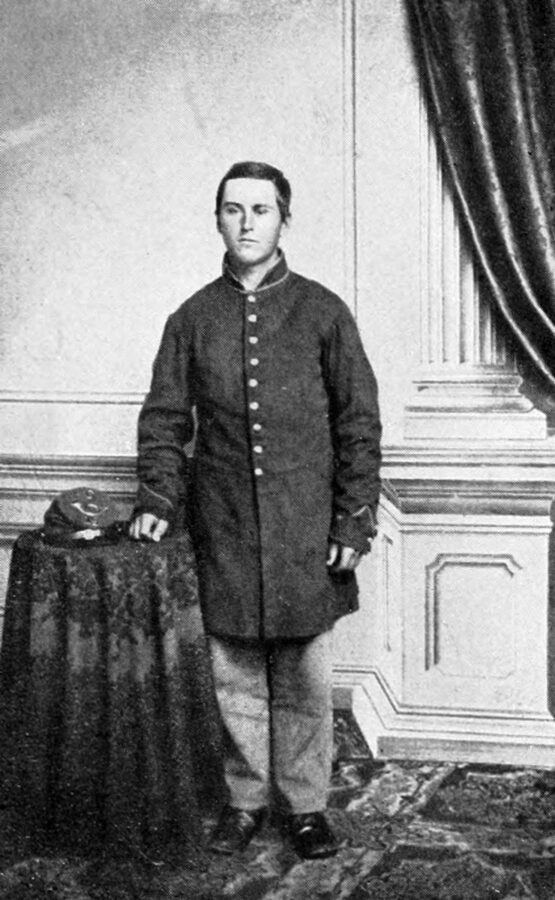 A Soldier's Diary (1905)
A Soldier's Diary (1905)Charles H. Lynch, 18th Connecticut Infantry
“The welcome home was a grand time. During the march, on the parade, many people were in tears, and we knew the reason why. Their husbands and boys did not come home. While we were happy we did not forget the good fellows and the homes that contained a vacant chair.”
Charles H. Lynch, 18th Connecticut Infantry, on celebrating the Fourth of July with his regiment after arriving home to Norwich a few days before, in his diary, July 4, 1865.
More Homecomings
Interested in reading more quotes on this subject? Click here to read our post “Extra Voices: Civil War Homecomings.”
Sources
“The Civil War Diary, 1862–1865, of Charles H. Lynch” (1915); “The War-Time Journal of a Georgia Girl” (1908); “A Soldier’s Diary” (1905); “Brokenburn: The Journal of Kate Stone, 1861–1868” (1955); “Phil Koempel’s Diary, 1861–1865” (1923).

